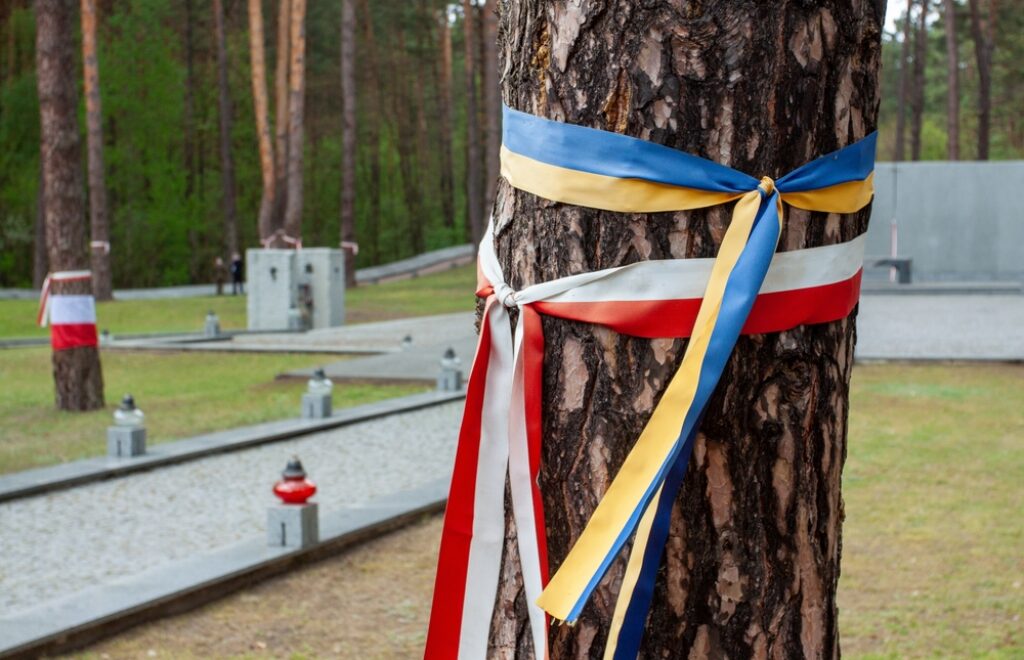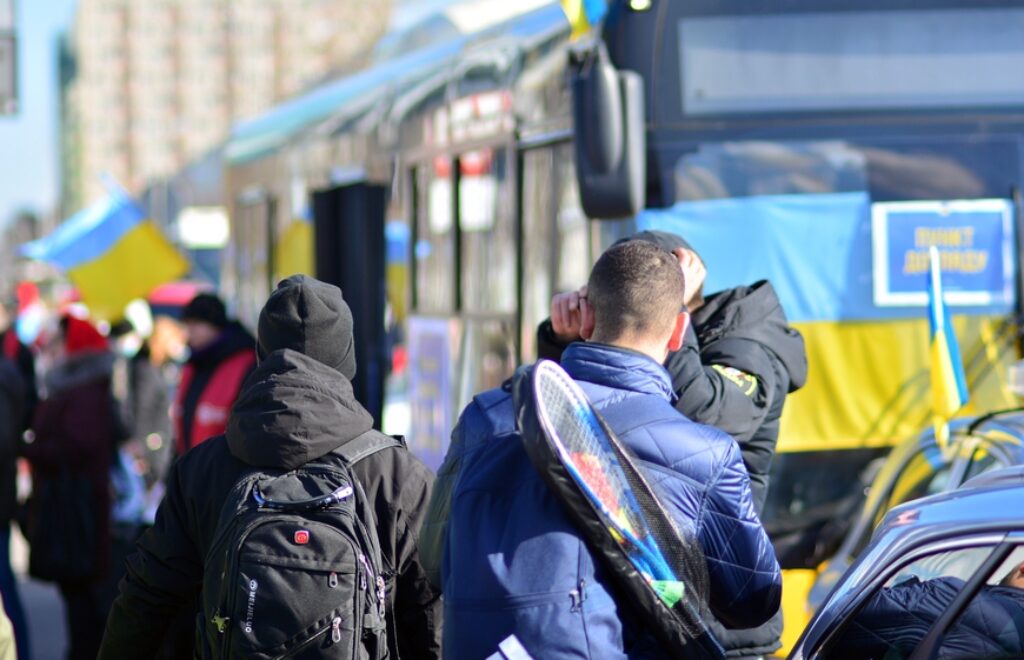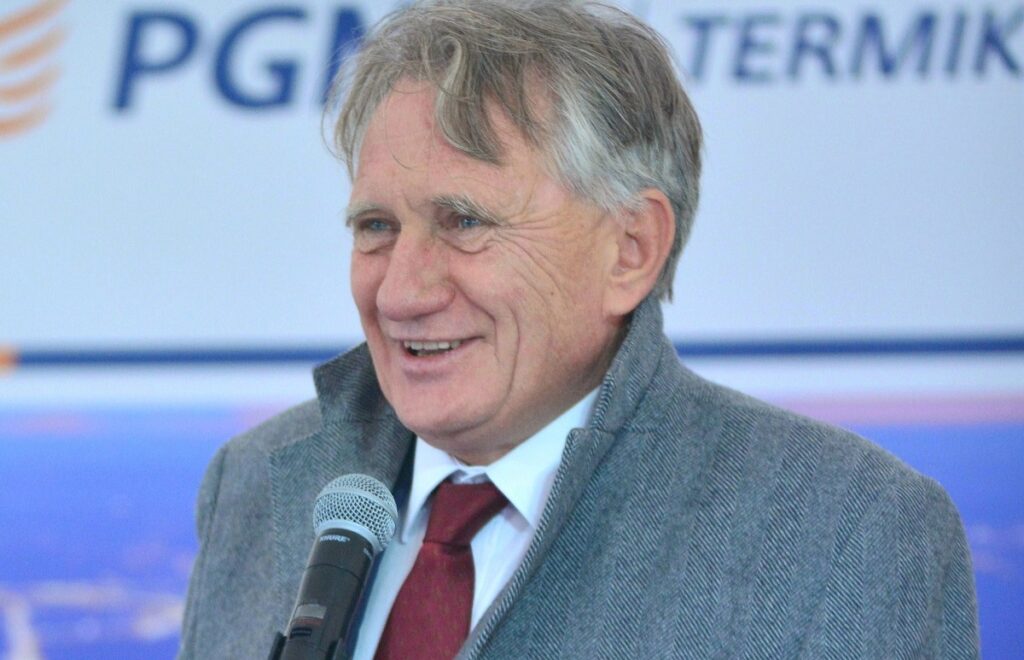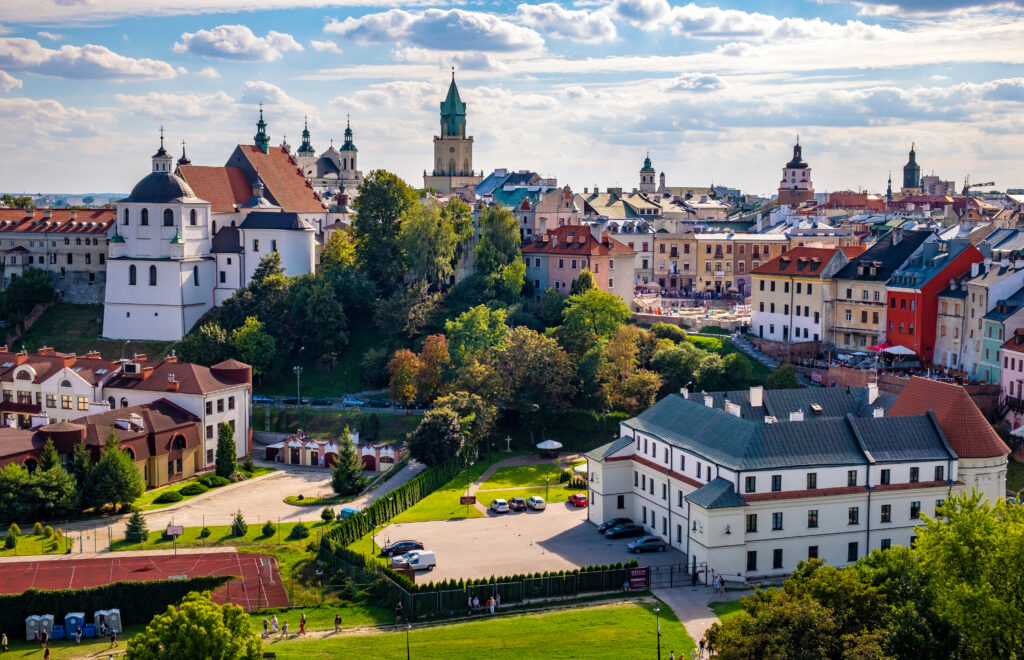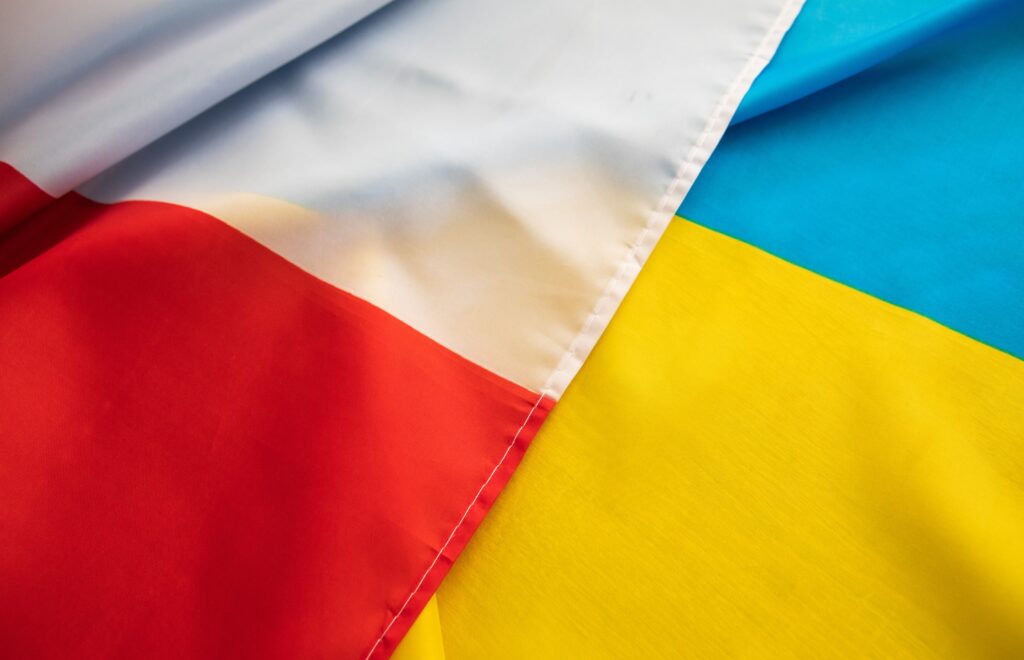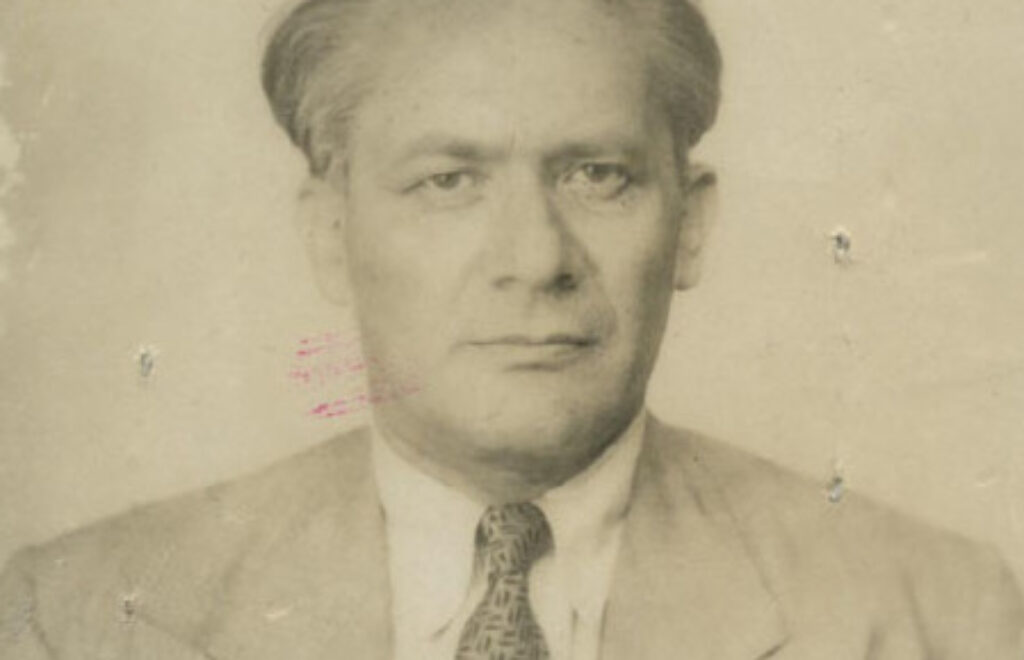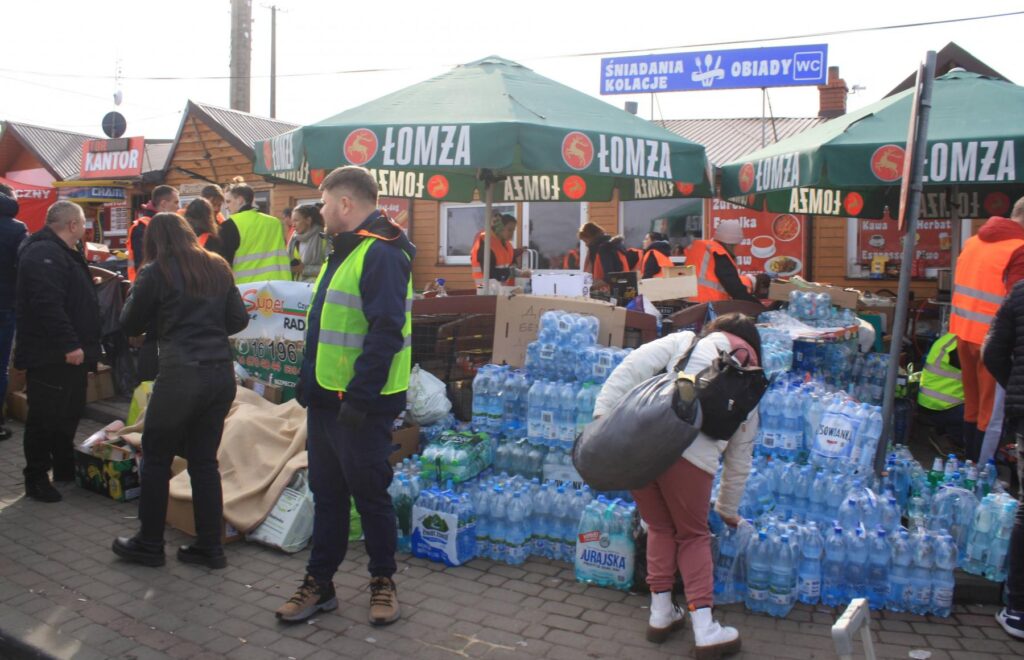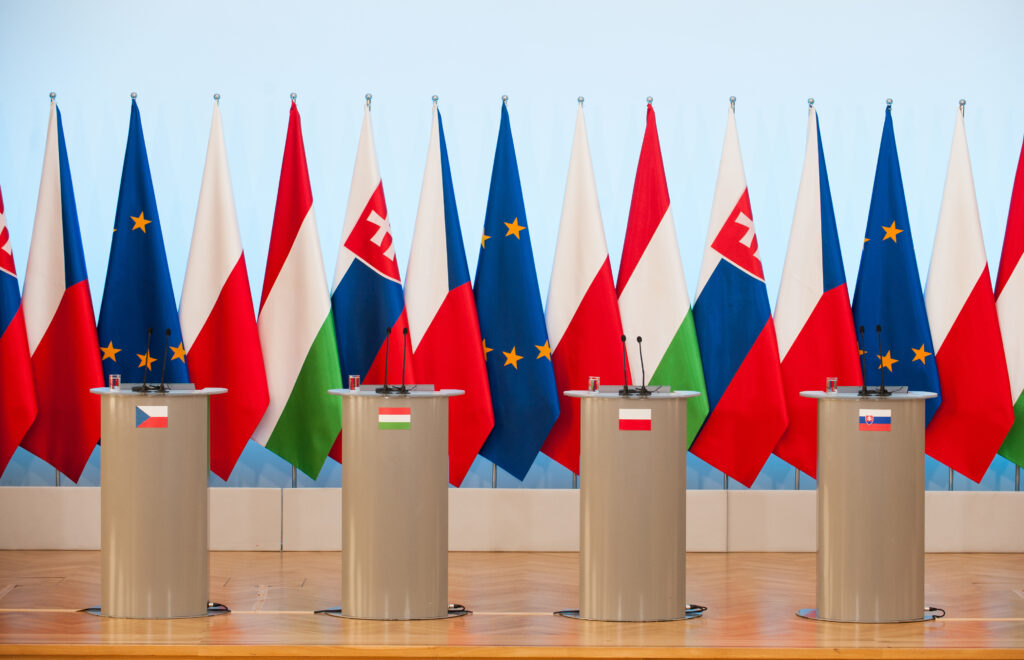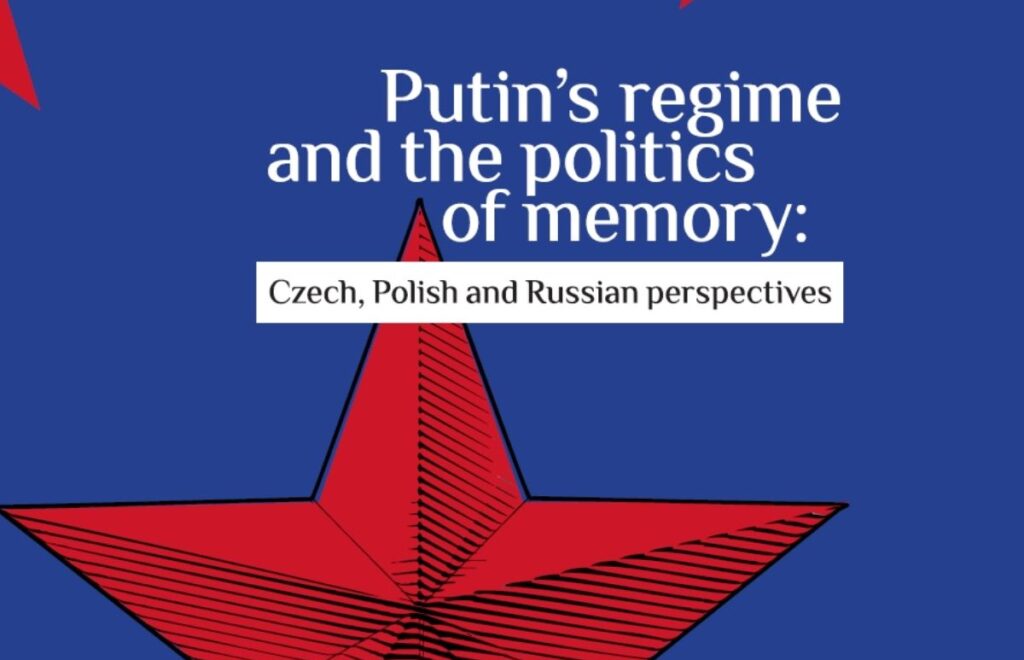Central European sensitivity towards Ukraine
We have always had difficulty when trying to explain what it means when we say “Europe”. Indeed, this concept is dynamic and has undergone many changes over time. That is why in his “Letters to the European Deputies” (Lettres aux députés européens), a Swiss writer and promoter of European federalism in the 1950s, Denis de Rougemont, wrote that it was difficult to place Europe in one space and time. Clearly, the Europe which is seen from nearby, from within or on the periphery, is different from the Europe that is seen from afar. For example, from a remote continent.
July 14, 2022 - Kinga Gajda


